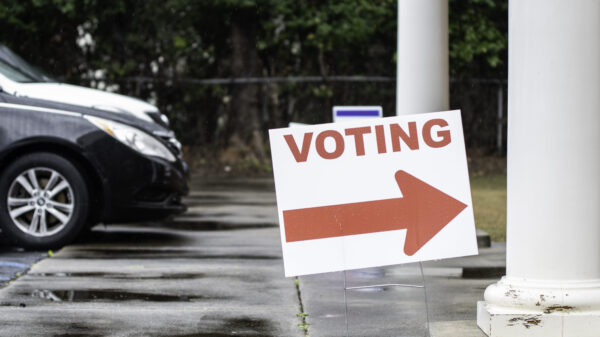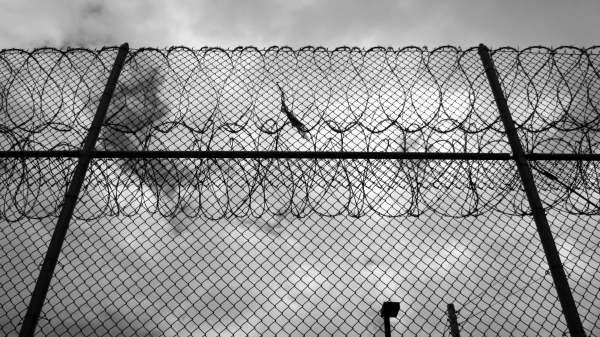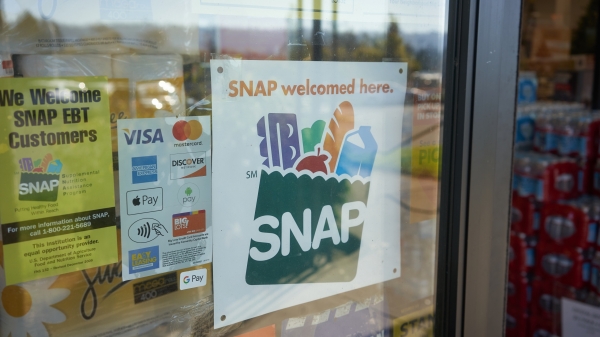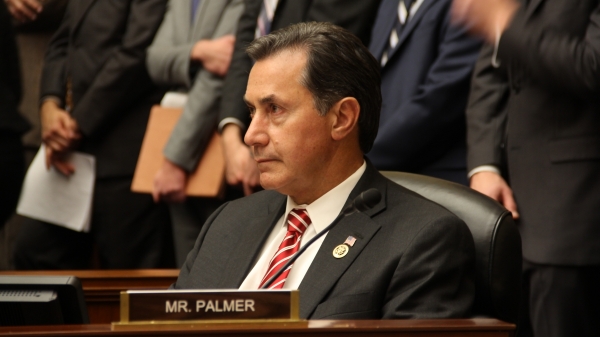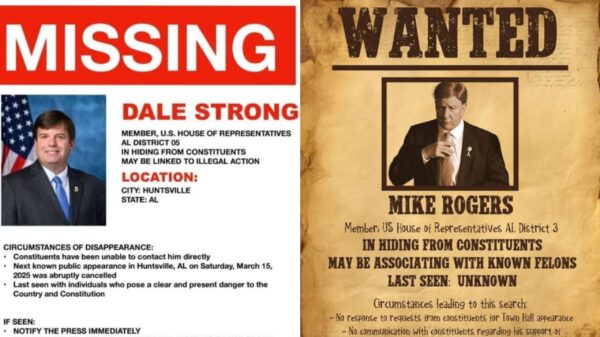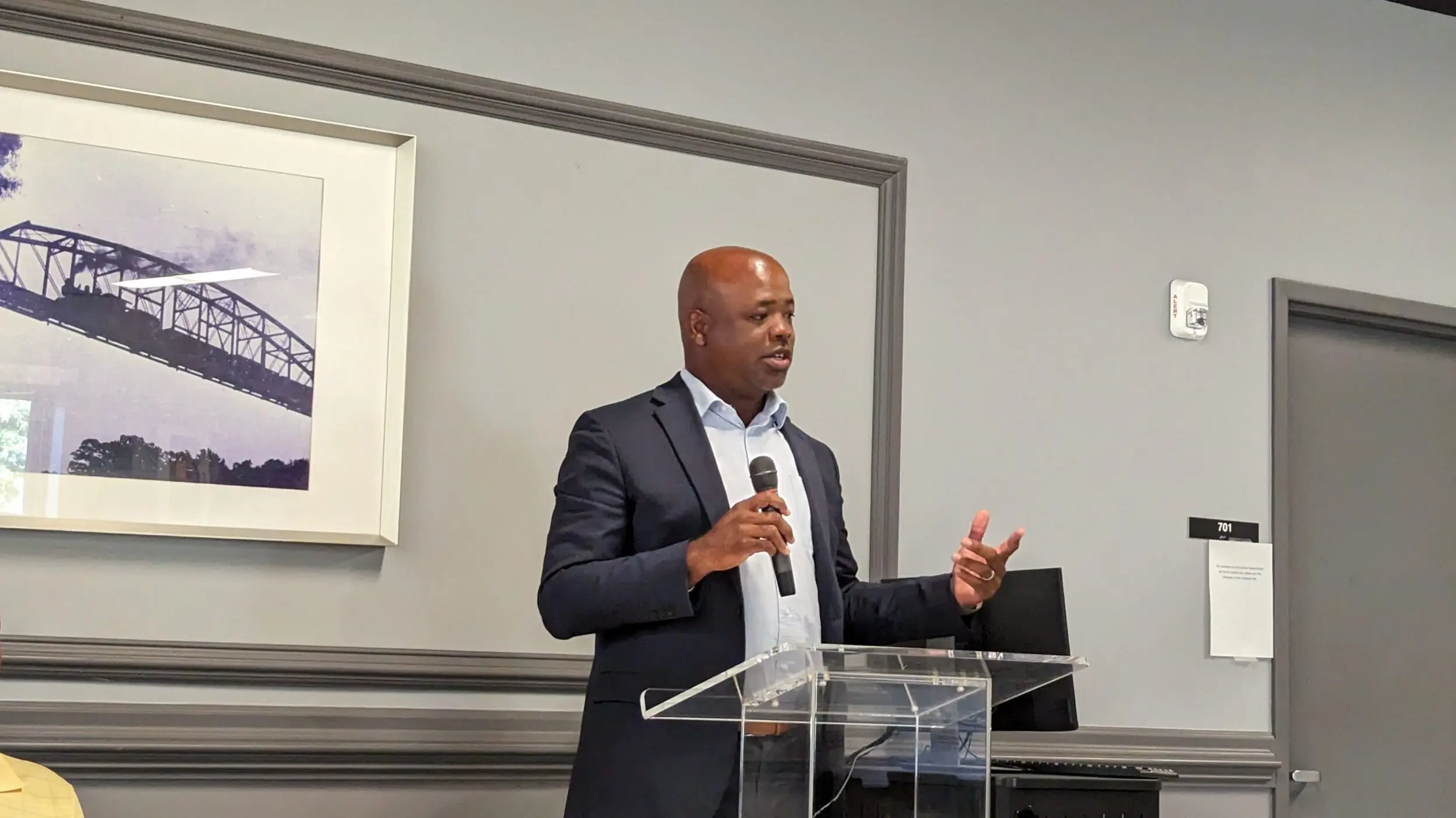|
Getting your Trinity Audio player ready...
|
State Rep. Chris England, D-Tuscaloosa, has once again filed his bill to create oversight for the Board of Pardons and Paroles.
The bill would create the Criminal Justice Policy Development Council to oversee needs and parole guidelines. It will also require those guidelines to be used when it makes parole decisions and must state its reasoning if going against the release guidelines.
The bill has not been able to gain traction at this point, with England withdrawing the bill in the first year after opposition from Attorney General Steve Marshall. The membership of the council has been tweaked to include representation from the attorney general’s office on the council to address some of lawmakers’ concerns.
In addition to requiring a written statement when deviating from the parole guidelines, the bill also creates an appeal process for incarcerated individuals who are denied parole in deviation from the guidelines.
“It doesn’t create a situation where this Legislature or this council is taking control of the board’s independent decision-making process,” England said. “But for people who apply for parole, it’s necessary for the guidelines to be considered. It can’t just be— it has to be based on something besides what you were charged with 20 or 25 years ago.”
England has been critical of plummeting approval rates from the parole board in the past few years, although the board has had a modest increase in grant approvals lately. The board is still granting far fewer paroles than are suggested by their own guidelines, which consistently suggest about 80 percent of parole applicants each month should be granted parole. The actual monthly parole approvals range from the single digit percentages to low teens.
The bill calls for the parole release guidelines to assess
- The prisoner’s risk to reoffend, based on a validated risk and needs assessment
- Progress by the prisoner in complying with the Department of Corrections’ plan for reentry.
- Input from the victim or victims, the family of the victim or victims, prosecutors, and law enforcement entities.
- Participation in risk-reduction programs while incarcerated.
- Institutional behavior of the prisoner while incarcerated.
- Severity of the underlying offense for which the prisoner was sentenced to incarceration.
- Any interview or statement from the prisoner.
The session starts in February.



